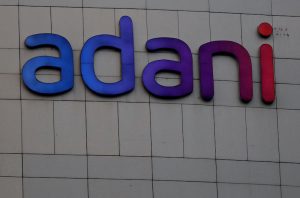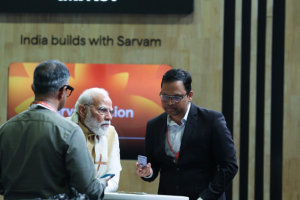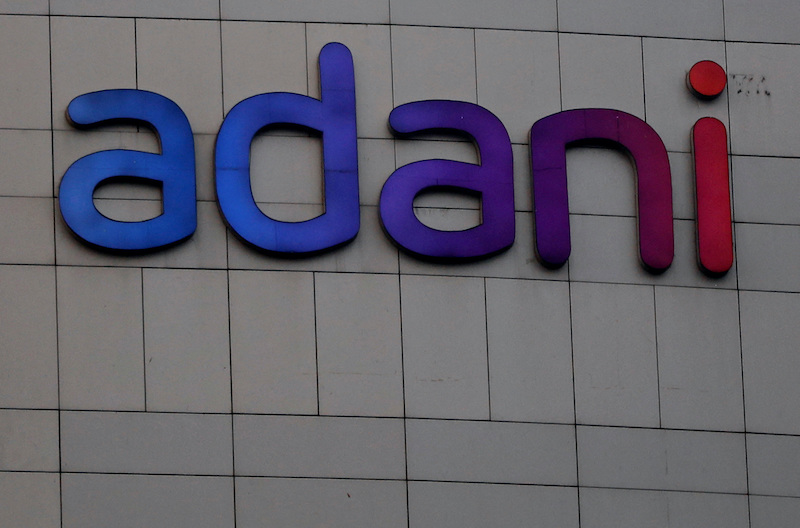Despite reports of haggling over Cabinet positions in the new Indian government, Prime Minister Narendra Modi has managed to retain all key ministers in their previous portfolios.
Analysts say this is a sign that Modi is still in charge despite having to rely on coalition allies for a majority in parliament.
Modi’s Bharatiya Janata Party (BJP) fell well short of the majority mark on its own in the election that ended this month, but the government announced there will be no change in personnel at the four senior-most ministries – finance, home affairs, defence and foreign affairs. It also held other key ministries like commerce and agriculture.
ALSO SEE: I’ll Ban Apple Devices if OpenAI is Put in Operating System: Musk
Delhi was abuzz with talk of wrangling by the BJP’s new allies for key portfolios in the lead-up to Modi taking office for a rare third straight term, and analysts said there could be some anger over the cabinet choices but no immediate fall-out.
“He has managed to prevail over his allies to keep all the important portfolios to demonstrate continuity, and they seem to have gone along,” Tarun Basu, director of the New Delhi-based Society for Policy Studies think tank, said.
“Despite this outward projection, there will inevitably be internal pulls and pressures within the coalition, though these may not come out in the public so quickly.”
Only 5 out of the 30 cabinet seats were given to the allies, in ministries including civil aviation, food processing, steel, animal husbandry, and small and medium enterprises.
BJP bids to ensure economic momentum
The BJP won 240 of the 543 seats in the lower house of parliament in the election. The alliance it leads won a total of 293 seats, crossing the majority mark of 272 seats.
“We believe that the distribution of seats displays continuity at its best and equitable treatment of allies, which is a big plus,” PhillipCapital analyst Anjali Verma wrote in a note.
Aside from the Hindu nationalist BJP, the two main constituents of the ruling National Democratic Alliance (NDA) are two regional parties focused on getting funds for their states, Andhra Pradesh in the south and Bihar in the east.
Andhra-based Telugu Desam Party did not immediately respond to requests for comment. Bihar’s Janata Dal (United) said it had given its “unconditional support to the NDA government”.
“People are saying many things but we are not concerned about cabinet portfolio allocations as it’s a special prerogative of the prime minister,” spokesperson Abhishek Jha said.
“(But) we are hopeful of getting something special for Bihar’s development.”
The BJP said it respects its partners and their aspirations, but added that all the allies had given a free hand to Modi.
“It’s a pre-poll alliance and the plan for the next five years has been deliberated and discussed with everyone,” BJP spokesperson Syed Zafar Islam said.
“The focus is to ensure there is momentum in the economy, and continuity is important. There is no condition for their support – they also want the economy to be accelerated, for lots of jobs to be created.”
The leaders of the allied parties, Chandrababu Naidu of Telugu Desam and Nitish Kumar of the Janata Dal, are veteran politicians who are known to have views that could be at odds with the BJP and its agenda of muscular Hinduism.
“Modi will need to moderate his positions on certain ideological issues that do not align with the views of his allies … who are past masters in coalition politics,” Basu of the Society for Policy Studies said.
“These leaders … are bound to have their pound of flesh although they may not be vocal about their differences unless they reach a stand-off point.”
- Reuters with additional editing by Jim Pollard























